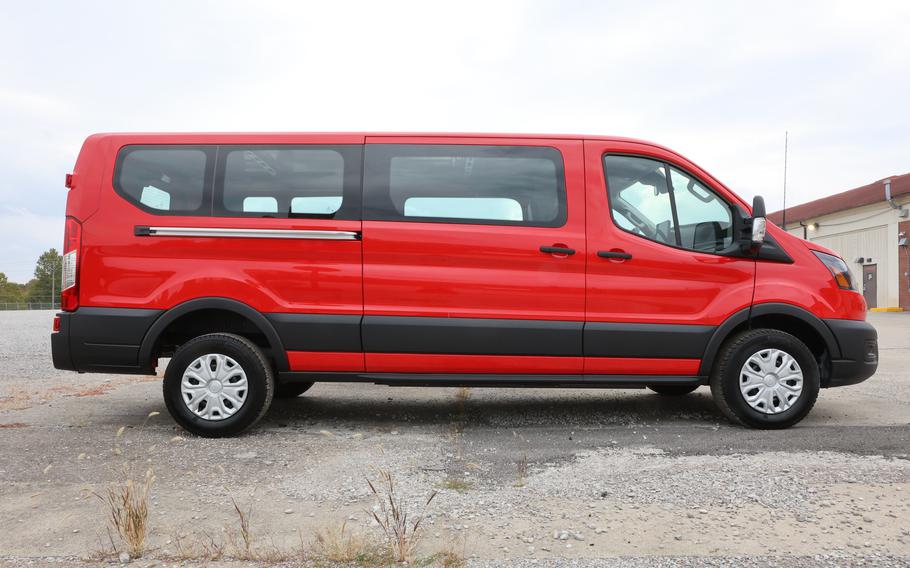
Fort Knox received its first fully electric government vehicle Sept. 29, 2022, as part of the Army’s climate strategy efforts. (Jenn DeHaan/DVIDS)
China will sue the US at the World Trade Organization over rules that discourage electric-vehicle manufacturers from sourcing battery materials from China.
The Inflation Reduction Act and associated rules are “discriminatory” and have “seriously distorted” the global EV supply chain, the Chinese Ministry of Commerce said in a statement Tuesday announcing the lawsuit and calling on the US to reverse the policy.
The electric vehicle sector is increasingly caught up in tensions over trade and geopolitics. The European Union is likely to impose tariffs on EVs imported from China due to accusations of unfair subsidies, while world-leading Chinese battery firms are running into US resistance.
The complaint comes months after the US finalized restrictions that reduced the number of electric cars eligible for as much as $7,500 purchase tax credits. The guidelines that went into effect beginning this year will eventually mean that vehicles containing battery components or raw materials sourced from “foreign entities of concern” will no longer qualify for credits.
Under the guidelines, any company that is subject to the jurisdiction of China’s government, or is controlled by the government - including if it’s at least 25% owned by a Chinese government authority - is considered an FEOC. The restrictions also apply to all production inside of China. However, foreign subsidiaries of privately owned Chinese companies in non-FEOC countries, such as Australia or Indonesia, will be allowed so long as they’re not controlled by the Chinese government.